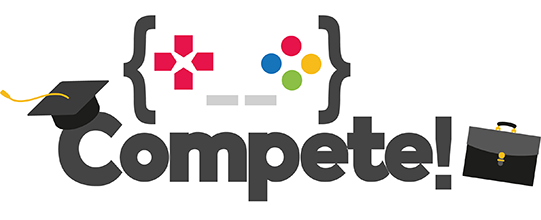Closing the COMPETE! project

In November 2021, the idea of creating a serious game for educational purposes has become a reality with the COMPETE! project at the kickoff meeting in Bologna when all the partners gathered around that table for the first time.
Despite the obstacles and the difficulties that COVID 19 pandemic has brought into our lives and the businesses, the COMPETE! project, keeping abreast of the times, introduced the 4 most important soft skills to enter the labour market, the characteristics and methodologies that are already used in existing serious games, and eventually, the COMPETE! videogame and toolkit to the target group which is composed of students, recent graduates, educators, trainers and any other interested parties.
As the end of this fascinating, educational and fruitful journey is approaching, the Academy of Entrepreneurship (AKEP) presented the project’s objectives, methodology, and outputs, with a special focus on the videogame to the participants at the closure event that took place in Athens in June.
The idea of using gamification and serious games in training intrigued both the trainers and the young people who believe that such trainings can be more enjoyable and interesting to motivate students and make them more engaged with the topic of the training activity while improving their skills and optimising their learning.
Lastly, it should not be forgotten that one of the reasons behind youth unemployment (15,9 % for the EU and 16% for the euro area in September 2021) is a skills mismatch which means the skills requested by employers and the skills that young applicants possess do not match. This is exactly what the COMPETE! project aims to fight against by boosting the soft skills of the young people and their employability through the creation of the COMPETE! Videogame while aligning with the UN SDGs Goal 4 which aims to ensure inclusive and equitable quality education and promote lifelong learning opportunities for all.


